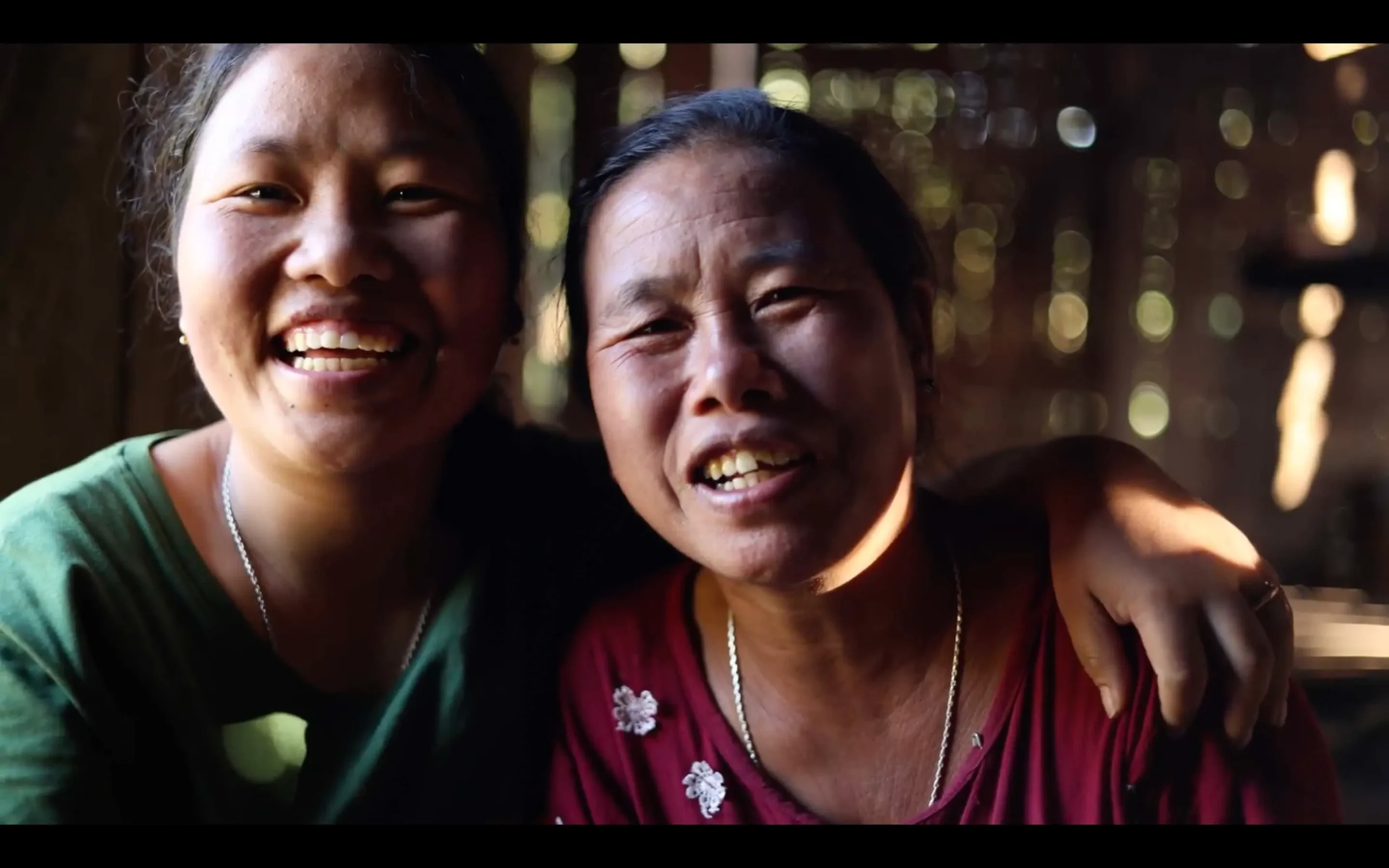
An Indigenous filmmaker returns to her tribe’s fragile orchards, caught between her mother’s fight to stay, her sister’s yearning to leave and the unravelling bonds of land, memory and love.
I come from the Miju Mishmi tribe, an Indigenous community from the Eastern Himalayas near the India-China border. Stories from our region are rarely told. And when they are, they’re almost always mediated through an outsider’s lens. Our forests, rituals, and griefs often become footnotes. So when an invasive beetle began to destroy my family’s orange orchards – orchards passed down through generations – I knew I had to document it, as a filmmaker, as someone from the land itself.
Initially, I imagined this story as a quiet portrait of climate crisis. But slowly, the camera turned inward. And my film now follows three intertwined strands – my mother, my sister and myself – each carrying a different inheritance of land, memory and change
My mother, the orchard’s fierce custodian, fights to hold on as climate pressures mount. My sister, seeks a future beyond the village. I, the returning daughter, navigate the uneasy space between kin and filmmaker. This is a film about Indigenous women – rooted, complex, resilient – grappling with loss in its many forms. This is a story about what it means to return. Not to reclaim or restore, but simply to remember. And to offer that remembering as an act of love.